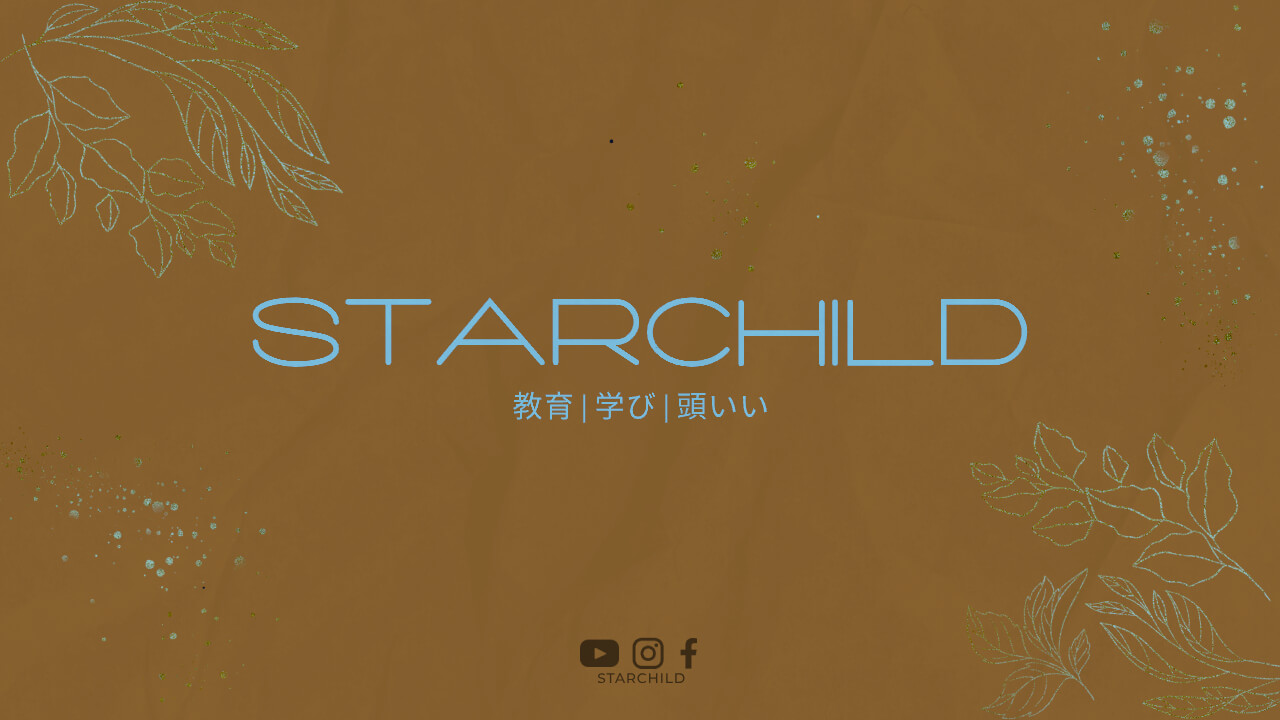Are you an avid fan of Japanese culture and language? Have you ever come across the phrase “すみません。これの意味教えて下さい。ForbiddenYou” and wondered what it means? Don’t worry; we’ve got you covered!
Understanding the Phrase
“すみません。これの意味教えて下さい。ForbiddenYou” is a Japanese phrase that translates to “Excuse me, can you tell me the meaning of ForbiddenYou?” in English. The phrase is commonly used by Japanese language learners or anyone who encounters a phrase or word they don’t understand.
Breaking Down the Phrase
Let’s take a closer look at the individual components of the phrase:
- すみません (sumimasen) – This is a Japanese word that translates to “excuse me” in English. It is used to apologize for inconveniencing someone or to get their attention politely.
- これ (kore) – This is a Japanese word that translates to “this” in English. It is used to refer to something that is close to the speaker.
- の (no) – This is a Japanese particle that is used to show possession or to link nouns together.
- 意味 (imi) – This is a Japanese word that translates to “meaning” in English. It is used to refer to the definition or significance of something.
- 教えて下さい (oshiete kudasai) – This is a Japanese phrase that translates to “please tell me” in English. It is a polite way of asking someone to provide information or knowledge.
- ForbiddenYou – This is an English word that is part of the phrase. It appears to be a username or screen name, but its meaning is unclear.
Common Usage
The phrase “すみません。これの意味教えて下さい。ForbiddenYou” is commonly used in language learning forums, chat rooms, or online communities where users can ask for help with Japanese phrases or words they don’t understand. Native Japanese speakers or advanced learners can provide assistance by translating or explaining the meaning of the phrase in question. The phrase has become a popular meme or catchphrase among Japanese learners, and it is often used in a humorous or ironic context.
Other Japanese Phrases and Idioms
If you’re interested in learning more about Japanese language and culture, there are plenty of other phrases and idioms to explore. Here are a few examples:
- おはようございます (ohayou gozaimasu) – This is a Japanese greeting that translates to “good morning” in English. It is commonly used in everyday conversation or in a workplace setting.
- 気になる (ki ni naru) – This is a Japanese phrase that translates to “to be on one’s mind” in English. It is used to describe something that is bothering or intriguing someone.
- 一期一会 (ichigo ichie) – This is a Japanese idiom that translates to “one opportunity, one encounter” in English. It is used to remind people to cherish every moment and appreciate the people they meet in life.
- 目から鱗が落ちる (me kara uroko ga ochiru) – This is a Japanese idiom that translates to “scales fall from one’s eyes” in English. It is used to describe a sudden realization or understanding of something.
Conclusion
In conclusion, “すみません。これの意味教えて下さい。ForbiddenYou” is a Japanese phrase that means “Excuse me, can you tell me the meaning of ForbiddenYou?” It is commonly used by Japanese language learners or anyone who encounters a phrase or word they don’t understand. If you’re interested in learning more about Japanese language and culture, there are plenty of other phrases and idioms to explore. Keep practicing and enjoy your journey of discovery!




